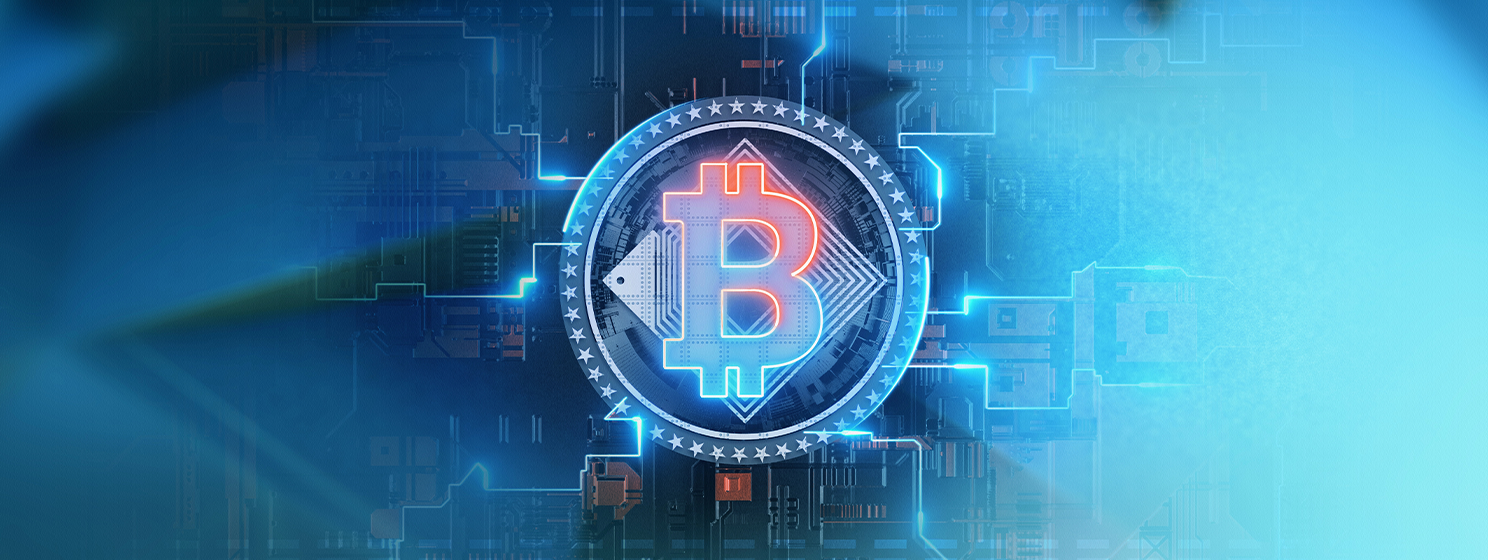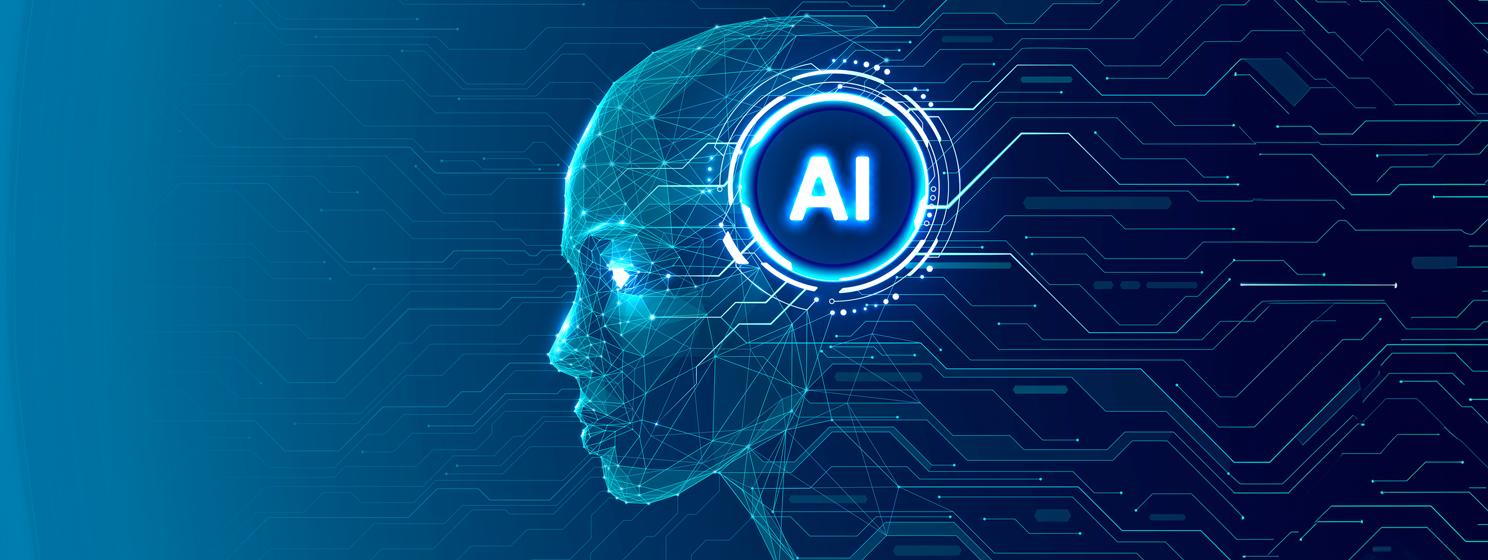|
Getting your Trinity Audio player ready...
|
Mining BTC has always needed specific hardware and a lot of energy. Now, people are talking about tokenized rigs as a way for more people to own part of the process, letting them have a share of the mining power without needing to buy a lot of equipment. What’s interesting is how these setups are creating local energy hubs, changing mining from something done alone to a shared effort that benefits the community.
Consider towns where wind farms and other renewable energy sources aren’t fully used because of grid issues. Tokenized mining rigs might offer a fix. Some platforms are putting these rigs together with local renewable energy and selling them as tokenized deals. When you invest, you join a group that votes on how things are managed, such as upgrading gear or using hardware for artificial intelligence (AI) work if BTC drops. For example, in Wyoming, some people have tokenized their mining equipment and had locals invest with stablecoins. Now, they can use extra wind to mine BTC cheaply and share the profits.
This method shifts attention from immediate gains to building assets with lasting value. Often, major mining firms hold much of the mining resources. Tokenization helps even things out, as these energy centers enable community collaboration. The tokens stand for a stake in both the mining hardware and the energy source, such as solar arrays.
Smart contracts manage the specifics, such as splitting up payouts and verifying that green energy regulations are being met. People can even borrow against their own stake to pay for local efforts like putting in solar panels. One recent project tokenized a mining setup in Montana that runs on geothermal energy. The token owners acquire BTC and carbon offsets that can be traded.
Like most things, some risks need to be considered. At the moment, with the tech available, good management will be the key to preventing errors that could negatively impact things. Much of the discussion centers on energy use, with concerns that some providers continue to rely on cheaper, polluting options rather than shifting to renewables.The challenge is only increasing, with widespread differences in environmental laws globally. For example, in certain countries, energy laws could and have limited these hubs if they put too much load on local power grids. Still, the current challenge that needs to be addressed is the problem of onboarding. To the average person, mining is an extremely confusing and difficult new industry to learn. If we want to prioritize such advancements, we will need the average person to understand how this industry sector works.
This model could be a good fit for developing countries such as Laos or Ethiopia, which have plenty of untapped hydropower. Tokenized rigs would let locals use this power, forming hubs that could pay for local services like schools and roads. Some reports suggest these setups can be more profitable than individual mining because of shared expenses and better energy agreements. This shifts opinions on BTC’s energy use, as these hubs can help keep power grids stable by changing their energy use depending on what’s needed.
I think tokenized rigs as energy hubs could last because they combine mining with community benefits. For investors, it’s a mix of BTC and real-world use. For communities, it’s a way to use resources better and create wealth. When used as local energy hubs, tokenized mining rigs can help local economies and combine the idea of decentralized BTC with real-world benefits.
Watch: The Autonomous Data Pipeline with Miss Pearl Nwade

 03-05-2026
03-05-2026 




